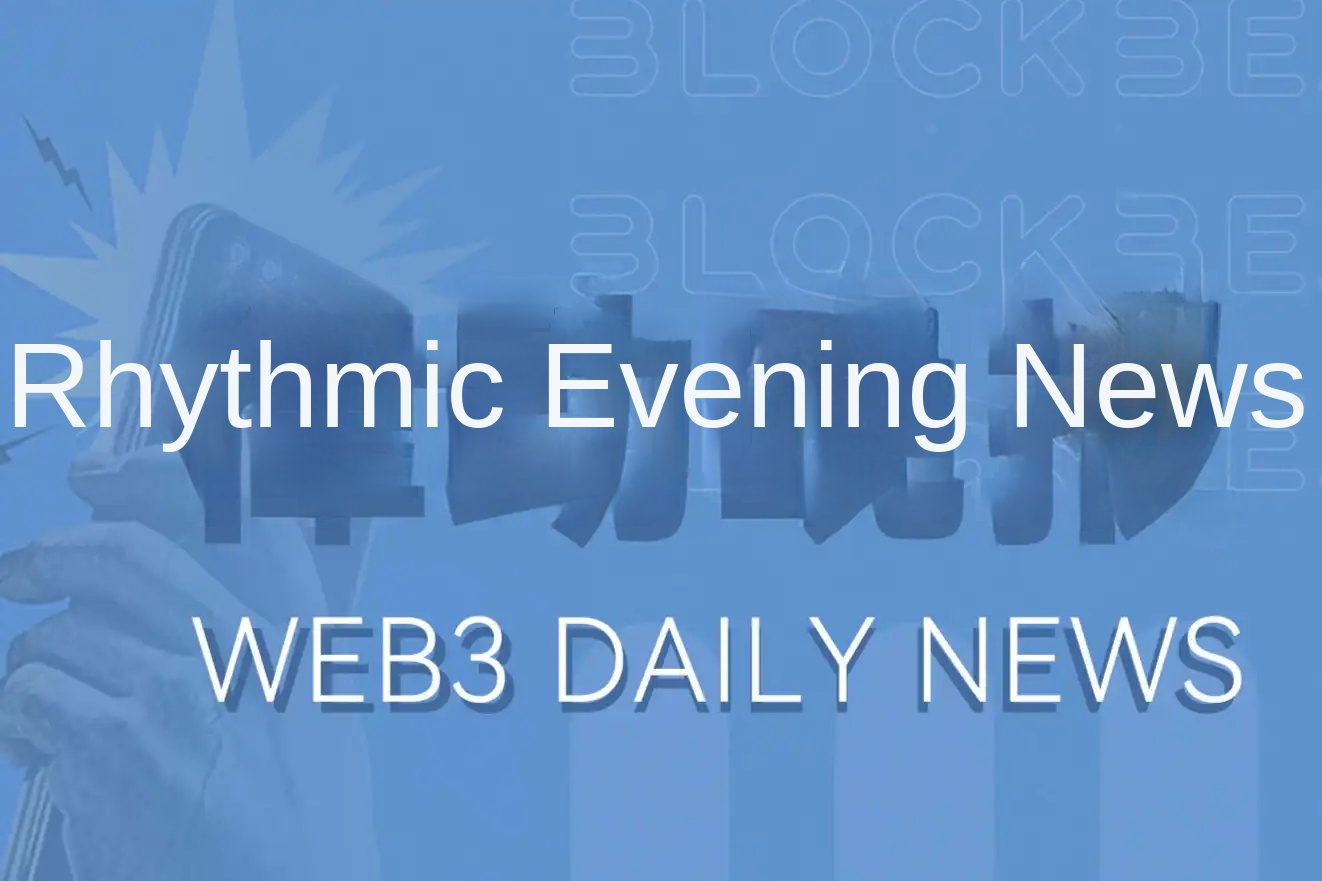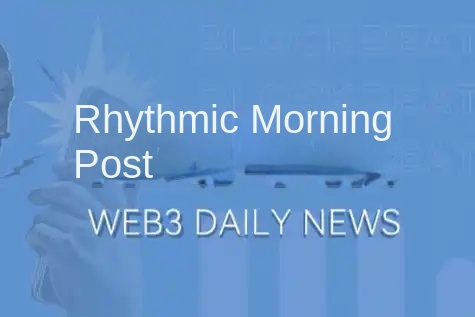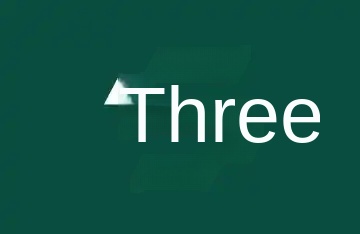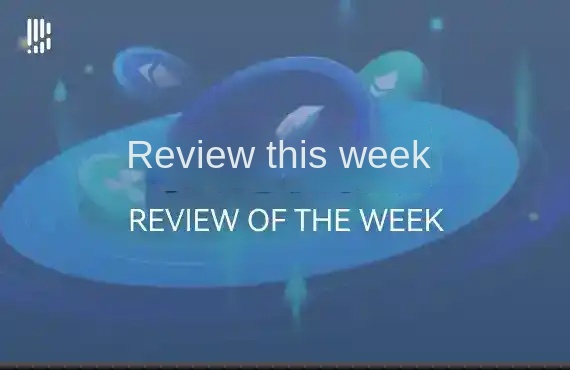Beware of the Trap Masquerading as Financial Freedom: Exposing the Top 10 Harsh Truths
Original Article Title: "Mancunian Research | The Murky RWA Circle, 10 Harsh Truths: Don't Be Blinded by the Sickle"
Original Article Author: Lawyer Shao Jiadi, Mancunian Blockchain Legal Services
Recently, the wind of RWA (Real World Assets, tokenization of real-world assets) has been blowing strangely on the mainland's social media. From the blockchain community to the financial sector, from self-media to investment groups, overnight, RWA has become synonymous with financial freedom. Various "RWA project teams," "full-service providers," and "mentors" have sprung up like bamboo shoots after the rain, each solemnly proclaiming that RWA is the next big thing, and missing out would be a lifelong regret. However, the more active this circle becomes, the more chaotic and murky it appears, with rug pullers, air traders, and anxiety sellers all mixed in. I can't help but want to throw a bucket of cold water—this circle is now a boiling pot of shit, with a few scallion leaves floating on the surface, and the sickle bubbling underneath. Today, let's not discuss technical details; instead, let's peel back the emperor's new clothes and talk about the 10 most cutting truths in the RWA circle. Fasten your seatbelt, we're going straight into it.
Truth 1: RWA Is a Financing Tool, Not a Wealth Creation Myth
Many people, upon hearing RWA, immediately envision overnight wealth, thinking that by simply throwing any asset onto the blockchain, it can magically transform into a shiny "wealth code." Wake up! The core of RWA is to tokenize real-world assets through blockchain technology, turning them into tradable digital assets. In simple terms, it is a financing tool that helps companies unlock assets or provides investors with more options. It is not a lottery ticket, let alone a printing press.
Do you think that buying an RWA token is equivalent to buying the "next 100x coin"? Dream on. The revenue model of RWA is not much different from traditional financial products; it relies on the cash flow or appreciation potential of the underlying assets. Those who constantly shout "Invest in RWA for financial freedom" are most likely trying to rug pull you. RWA can help companies solve financing issues, but the fantasy of ordinary individuals like you and me getting rich quick is far-fetched.
Truth 2: For a Legitimate RWA, Mainland Chinese Users Can Hardly Participate
If you think RWA is a "feast for everyone to participate in," then I must douse you with the first bucket of cold water: genuine compliant RWA products, such as those issued in Hong Kong and Singapore, are basically unavailable to mainland Chinese users. Why? Because compliant RWA products must adhere to strict financial regulations, the issuer must ensure the legality of investors' identities and funding sources, and comply with local securities laws, anti-money laundering regulations, and other requirements. Hong Kong's RWA products are aimed at qualified investors (professional investors) who must provide evidence of assets in the millions of Hong Kong dollars and pass rigorous KYC (Know Your Customer) and AML (Anti-Money Laundering) checks. As an ordinary retail investor in the mainland, you can't even open an account, let alone make a purchase. Those who shout on WeChat groups and TikTok, saying "everyone can invest in RWA," are not offering compliant products; they are most likely offering air coins or Ponzi schemes, specifically targeting your wallet.
Truth 3: Anyone Telling You "Investing in RWA Tokens Can Make Money" Is Ready to Scam You
One of the most disgusting aspects of the onshore RWA community is the prevalence of "air coins" and "Ponzi schemes." What's even more surreal now is that a group of people who can't even differentiate between ABS and REITs have started teaching others how to play in the RWA space. Their rhetoric is surprisingly consistent: "Explosive liquidity after traditional assets go on-chain," "RWA tokens allow for 24/7 global trading," "Holding brings asset appreciation"... Does this all sound familiar? It's just like the slogan during the ICO (Initial Coin Offering) craze claiming "blockchain will disrupt everything." These projects wave the RWA flag, telling you to invest a few thousand bucks in their "RWA token" and sit back to wait for a hundredfold return. Come on, there's no such free lunch! These so-called RWA tokens are fundamentally unsupported by underlying assets, with even the whitepapers being plagiarized—pure scams through and through.
What's even more outrageous is that some projects engage in multi-level marketing and referral bonuses, resembling pyramid schemes. You might see attractive "returns" in the short term after investing money, but it's just a scheme to take money from newcomers to pay earlier participants. Once the scheme collapses, your initial investment will vanish into thin air. Don't believe those tales like "RWA is the future of blockchain" or "Missing out on RWA means missing out on wealth"—true RWA is a serious financial product, not a gambling den for you to wager your life savings.
Truth 4: When Enterprises Engage in RWA, Seek Brokers, Lawyers, and Accountants, Not "Middlemen"
Enterprises looking to engage in RWA must also be vigilant. There's a peculiar phenomenon in the RWA community where a group of self-proclaimed "full-service RWA providers," acting as intermediaries, are even more active than brokers, accountants, and lawyers combined. Nowadays, many "full-service RWA providers" and "mentors" have emerged in mainland China, boasting exaggerated claims that they can help you tokenize assets, list them globally, and handle the end-to-end process. Ha, most of these individuals are merely middlemen, engaging in nothing more than consultancy to collect fees from you.
For a legitimate RWA endeavor, it's akin to engaging in ABS (Asset-Backed Securities) or REITs (Real Estate Investment Trusts)—you need to seek out a professional triumvirate of brokers, lawyers, and accountants. They will assist you in designing the transaction structure, navigating regulatory approvals, conducting due diligence, and valuation. What can middlemen do? They can't even grasp the compliance procedures properly; at best, they'll paint you rosy pictures and charge you a "service fee." For enterprises looking to engage in RWA, don't be fooled by these "mentors"; the right path is to engage with reputable financial institutions.
Truth 5: Not Everything Can Become RWA; Assets that Can't Be Sold Off-chain Will Be Useless On-chain
There's a classic rhetoric in the RWA community: "Traditional asset illiquidity? Put it on-chain! Global trading after on-chain integration!" It sounds like tossing any asset onto the blockchain will magically turn it into a hot commodity. Come on, get real! If an asset is unsellable off-chain, why would putting it on-chain suddenly make it sellable? The essence of RWA is asset securitization, with the core being the quality of the underlying assets and revenue models. If your asset is inherently problematic, such as a pile of unsellable inventory or an unrentable office building, putting it on the chain won't make it any more appealing. Asset illiquidity stems from poor asset quality, and it has no relation to whether it's on or off the chain.
Hong Kong investors are no fools; they are smart money. When they invest in RWA, they look at cash flow, risk exposure, and exit mechanisms. Your "20% annualized" return model? They can see right through it as nonsense. RWA is not magic; whether on-chain or off-chain, the logic of assets remains the same. Those who promote "everything can be RWA" just want you to spend money on trial and error to profit from it.
Truth 6: You Don't Have to Establish an Entity in Hainan; Data Compliance Is Not That Mystical
Another mystical practice in the mainland RWA circle is many project teams claiming that to do RWA, you must establish an entity in Hainan to ensure data compliance for international transfers. Seriously, that's exaggerated. While data export must be compliant, national regulations like the "Measures for the Security Assessment of Cross-border Data Transfer" have long established processes. Not all data exports require approval; only cross-border transmission of sensitive data needs filing or security assessment. Data compliance for export depends on specific data types, the context of the transfer, and various factors. Not all situations necessitate going to Hainan.
Moreover, Hainan's special policies primarily target offshore activities in the free trade port, not the only way for RWA. Core to RWA for companies is to ensure compliance by engaging lawyers to outline data compliance solutions and communicate with regulators for filing. Don't fall for the hype claiming you "must go to Hainan" or that "Hainan is the RWA paradise." The compliance path has always been transparent; there is no need for unnecessary detours.
Truth 7: Hong Kong's RWA Products Have Little to No Secondary Market; Global Trading? Dream On!
Another common myth in the RWA circle is that RWA tokens can be traded globally with unbeatable liquidity. What's the reality? The Hong Kong SFC is particularly cautious about secondary trading. Currently, RWA products issued in Hong Kong have only allowed extremely limited institutional trading. Whether it's Ant Chain's charging station RWA or Falcon Group's power exchange RWA, these are essentially private placement products; retail investors can't even access the trading interface. Why? Because RWA is fundamentally a securitized asset subject to strict financial regulation, and trading must comply with securities laws and exchange rules. Think buying an RWA token means you can trade globally 24/7 like Bitcoin? Dream on! Hong Kong's RWA products are typically traded among institutional investors or qualified investors; retail investors are completely shut out. Those hyping "RWA global circulation" are often just using "blockchain" as a gimmick; in reality, it's a closed fund pool. Liquidity? Non-existent.
Truth 8: The RWA Race is Not the Wealth Code for Ordinary People; Don't Fall for Anxiety Marketing
The most annoying aspect of the RWA circle is the overwhelming anxiety marketing. Phrases like "RWA is the future of blockchain," "Miss RWA and miss wealth," or "Even ordinary people can turn their lives around with RWA" are nauseating. Brother, RWA is a serious financial racecourse that involves asset securitization and blockchain technology; what does it have to do with everyday people making money? Those who truly profit from the RWA track are either professional financial institutions or individuals who understand asset operations. Retail investors? At most, they can buy some compliant RWA products for a fixed income, akin to buying bonds. Those who claim "RWA can make you rich overnight" just want you to pay for their "courses" or "tokens." Don't fall victim to anxiety marketing; RWA is not your lifesaver.
Truth 9: Compliance and Regulation are the Soul of RWA, RWA Without Compliance is a Worthless Check
The greatest value of RWA lies in compliance and regulation. Without these two, what distinguishes RWA from a meme coin? A compliant RWA product must have clearly identifiable underlying assets, a transparent transaction structure, and undergo scrutiny from financial regulatory bodies. The reliability of Hong Kong's RWA stems from the rigorous oversight of the SFC (Securities and Futures Commission), ensuring investor protection. On the other hand, how many of the "RWA projects" in the mainland are truly compliant? Most don't even have a whitepaper, and details about the assets and returns are merely verbal. If you invest money and the project team runs off, who will you turn to? The soul of RWA is compliance and regulation, and any "RWA" lacking these aspects is nothing more than a worthless promissory note.
Truth 10: The Issuance Cost of RWA Is Not Low and May Be Higher Than Traditional Financing
Lastly, many people believe RWA is a "low-cost financing miracle," which is far from the truth. RWA issuance involves asset valuation, legal due diligence, transaction structure design, blockchain development, and regulatory approvals—each step incurring costs. When all is said and done, the issuance cost of RWA may exceed that of traditional loans or equity financing. Especially for small and medium-sized enterprises, issuing RWA requires substantial upfront investments such as legal fees, audit fees, and technology development costs. In Hong Kong, RWA projects can easily incur costs in the millions of Hong Kong dollars, a burden few mainland enterprises can bear. Therefore, don't buy into the myth that "RWA is the savior of small and medium-sized enterprises"; the financing method should align with the specific circumstances of the business, as RWA is not a panacea.
Conclusion: Stay Clear-headed, RWA Is Not Your Lifesaver
The purpose of this article is not to negate the value of RWA—asset tokenization is indeed a future trend, making asset securitization more efficient and transparent, representing a direction where blockchain and finance converge. However, the issue lies in the current frenzy, the pursuit of quick gains, and the exploitation of investors' ignorance. Air coins that rug pull, anxiety-selling influencers, and intermediaries demanding exorbitant fees have turned a serious financial raceway into chaos.
For ordinary individuals looking to engage with RWA, the best approach is to invest in compliant RWA products for stable returns, rather than hoping for overnight riches. For businesses aspiring to venture into RWA, seek out professional institutions, navigate the compliance process, and avoid being swindled by "end-to-end service providers." RWA is not a myth, nor is it a casino; grasp these 10 truths, and prevent your wallet from becoming someone else's cash cow. If after reading this article, you still intend to leap into the RWA pit—before you do, kindly share your wallet key with me, and I'll safeguard it for you.
Welcome to join the official BlockBeats community:
Telegram Subscription Group: https://t.me/theblockbeats
Telegram Discussion Group: https://t.me/BlockBeats_App
Official Twitter Account: https://twitter.com/BlockBeatsAsia
 Forum
Forum OPRR
OPRR Finance
Finance
 Specials
Specials
 On-chain Eco
On-chain Eco
 Entry
Entry
 Podcasts
Podcasts
 Data
Data

 Summarized by AI
Summarized by AI







